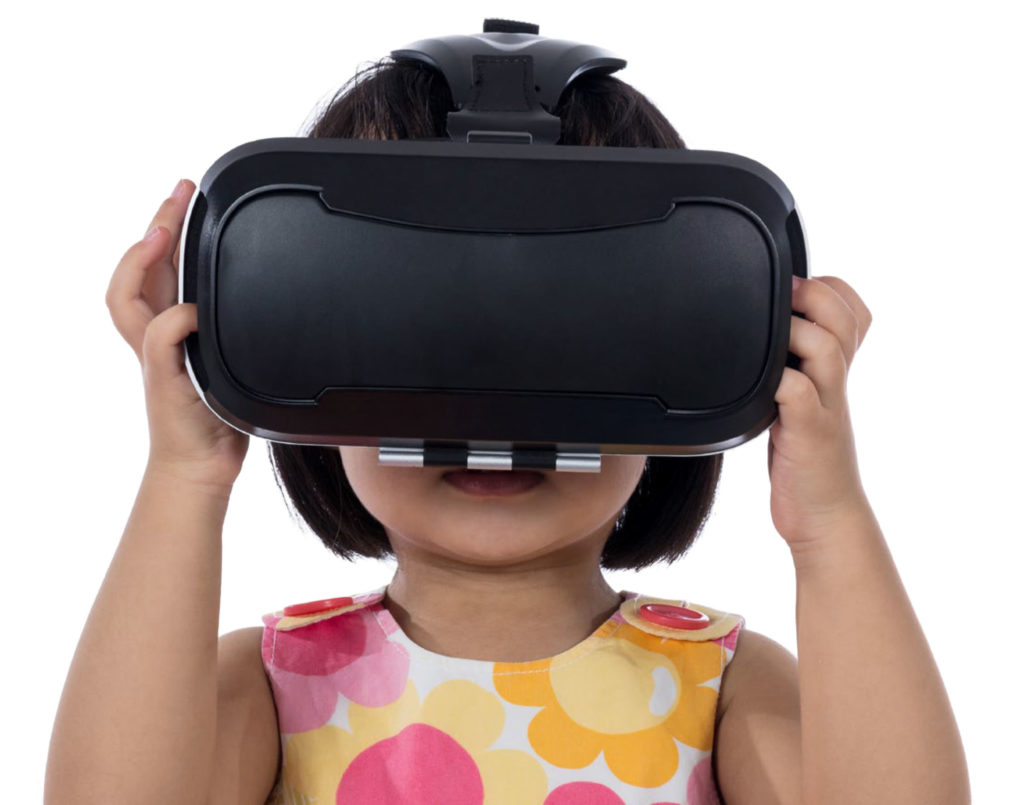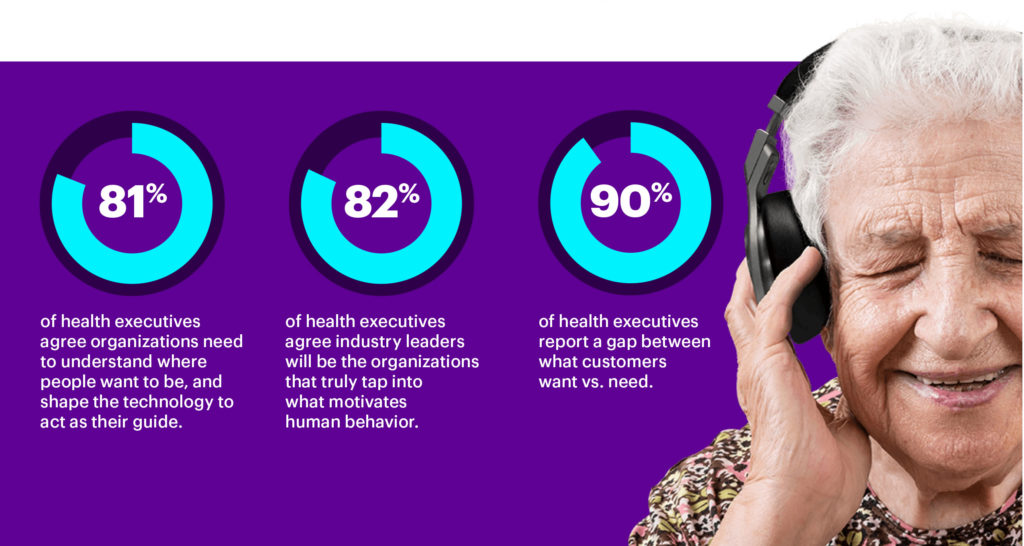
The DFW Hospital Council (DFWHC) is posting blogs submitted by our Associate Members. The following is the fourth of a series provided by Accenture. For guidelines, please contact Chris Wilson at chrisw@dfwhc.org.
The Accenture Digital Health Technology Vision explores five trends that underscore the importance of technology for people:
• Trend 1—AI is the New UI: Healthcare Experience Above All
• Trend 2—Ecosystem Power Plays: Beyond Health Platforms
• Trend 3—Workforce Marketplace: Invent Your Future Healthcare Workforce
• Trend 4—Design for Humans: Inspire New Behaviors
• Trend 5—The Uncharted: Redefining the Rules of Healthcare
In this series of blog posts, we will show how these trends demonstrate that while technology is all around us, we are at the center. When we adapt technology to the people who use it in healthcare—health insurers, providers and consumers—we will define the future of healthcare.
Join DFWHC and Accenture for a Digital Health Technology Vision webinar on Thursday, January 25, at 2:00 p.m. Central.
Trend 4—Design for Humans: Inspire New Behaviors
What if health technology adapted to consumers, clinicians and administrators?
The new frontier of digital experience is technology specifically designed for individual human behavior. Healthcare leaders recognize that as technology shrinks the gap between effective human and machine cooperation, accounting for unique human behavior expands not only the quality of the experience, but also the effectiveness of technology solutions. This shift is transforming traditional personalized relationships into something more valuable: partnerships that span beyond a physical lifestyle or care setting.
Healthcare technology will become more human-centered. When technology is designed to account for the human experience, it benefits consumers, clinicians and administrators. Healthcare organizations have an unprecedented opportunity to transform their relationships with all these stakeholders when they consider and respond to human behavior. And, consumers will have a better opportunity to interact with technology to access care how and when they want to.
Putting People First
From depositing checks via your smartphone to making dinner reservations online, people want to use self-service to take care of business.
Healthcare is yet another industry using design thinking to create tech-enabled services that are simple, intuitive and make it easy for people to achieve an outcome.
What began as telemedicine has evolved into a broader array of digital healthcare services. For starters, people can book appointments on their own. The options will only expand as technology interfaces become more sophisticated and offer more choices: What type of appointment—during or after hours? Virtual consult or in-person? See the doctor now, or communicate asynchronously? Even payment for care will be simpler as more plans will allow you to pay for healthcare services online, using a variety of payment methods.
Technology also empowers consumers to meet their health goals from home or on the go—places outside of a clinical setting. Services designed for people will learn from their behaviors and adapt accordingly. For instance, if someone has a weight loss goal, a health app can suggest foods to eat or offer motivation to exercise. Data can be shared with the person’s doctor so that they are informed of health changes. Clinicians can augment the service, as needed, to help encourage the weight loss.

Design for People Means Technology Adapting to Us
Healthcare organizations will be able to design a service around spoken and unspoken needs, because human-centered design has problem-solving ability at its core. Smart technology is always watching and learning with every interaction. Through observation, systems will develop a keener understanding of what people want and need. For consumers, it makes self-care easier.
Digital therapeutics is a good example. The technology understands a person’s unique condition or disease and can customize interactions based on behavioral economics principles to provide nudges to take medications, schedule follow-up visits or modify diet.
In current form, the oftentimes poor usability of technology for clinicians is a considerable factor in physician burnout. The future is an exciting new frontier for experiences. Technologies today are being designed so that they adapt to how humans behave, thereby improving the clinician experience. This is a huge shift away from the current paradigm where clinicians have had to learn technology and adapt to it. Now, technologies are taught to be adaptive, responsive and aligned to goals that will enhance the clinician experience.
By considering and responding to human behavior, businesses have the opportunity to create richer, more responsive journeys with customers, clinicians and administrators, transforming relationships into true partnerships that improve the health system for everyone.

Hi-Tech, Hi-Touch
One Medical strategically applies technology to offer the best primary care experience to patients. In addition to offering care visits and in-house lab testing at over 50 high-end care facilities—from San Francisco to Washington, D.C.—the company’s mobile app allows for booking same-day appointments and receiving virtual care. They even just added a digital dermatology service. Consumers can do everything from accessing vaccination records via their phone, to renewing prescriptions, to getting treatment for skin issues, allergies and the flu.
By providing on-demand service via its mobile app, the group has been able to deliver exceptional customer service while reducing labor costs. One Medical uses 1.5 full-time administrative employees per doctor, in contrast to the Medical Group Management Association (MGMA) benchmark of 4.5 administrative employees per physician.
About Accenture Insight Driven Health
Insight driven health is the foundation of more effective, efficient and affordable healthcare. That’s why the world’s leading healthcare providers and health plans choose Accenture for a wide range of insight driven health services that help them use knowledge in new ways—from the back office to the doctor’s office. Our committed professionals combine real-world experience, business and clinical insights and innovative technologies to deliver the power of insight driven health. For more information, visit: www.accenture.com/insightdrivenhealth.
Accenture is in no way promoting or intending to market any one particular solution or product or otherwise offer or market a medical device or clinical solution. Each company uses its own operations to ensure compliance with applicable laws and regulations.
Accenture – Technology for People Part 4
01/03/2018